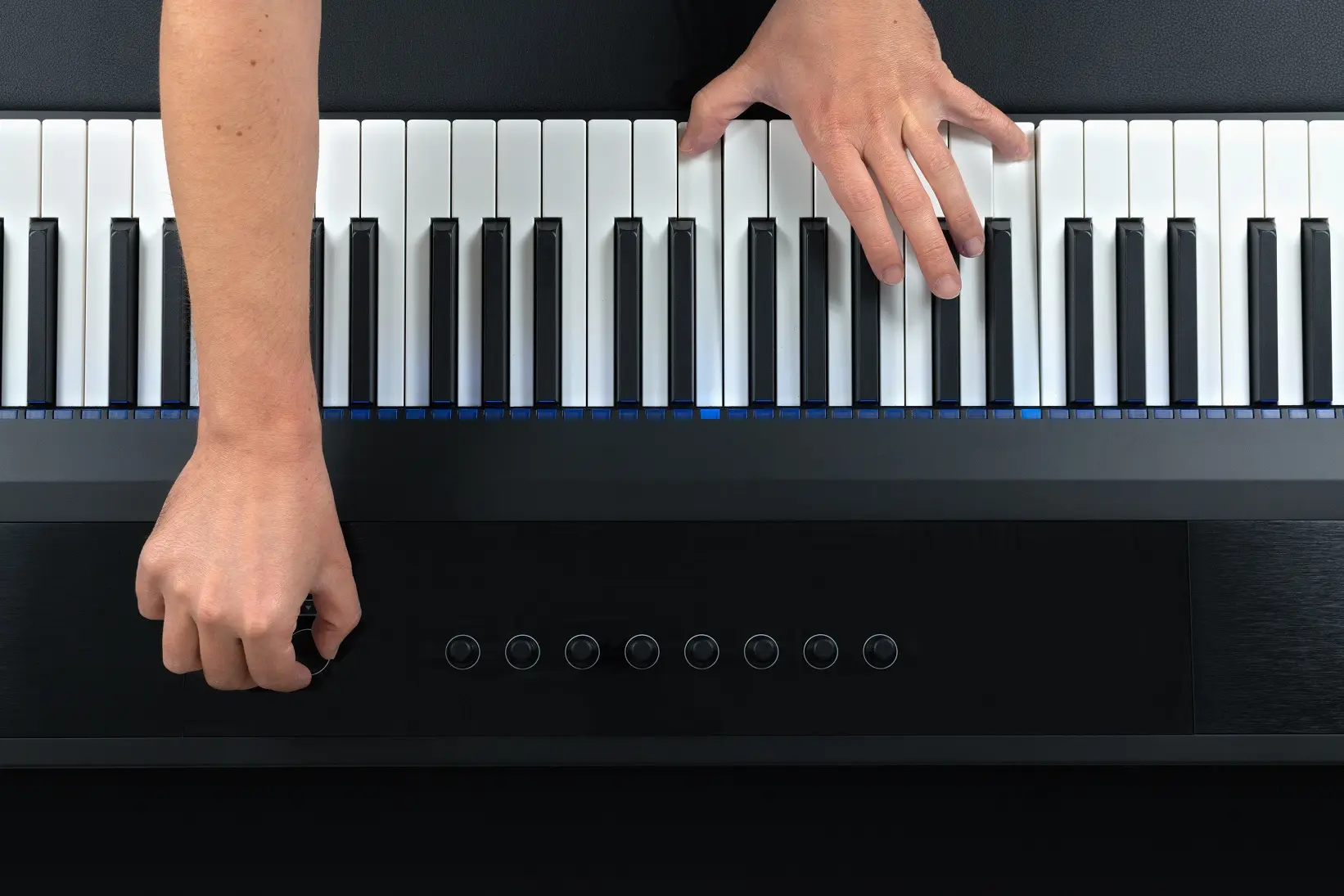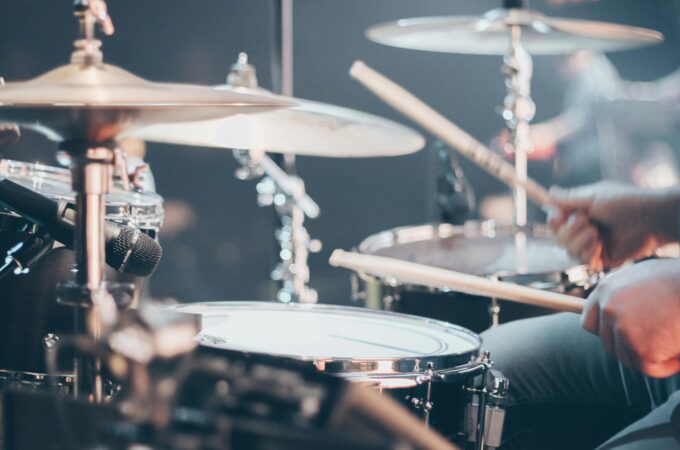
Why Buy a Digital Piano?
These days, it feels like everything is going digital. Turn your favourite radio station on with a quick shout to Alexa, control lights and household appliances through your phone, read e-books, assess your heart rate while checking your watch, heck, even something as simple as a doorbell has gone digital!
Clever, yes. Convenient, definitely. But is digital development always better? Can a digital piano really compete with a traditional acoustic version?
Many music experts believe so. And here’s why…
7 Reasons to Go Digital
1. Quality
First things first, the question on everyone’s lips is – can a digital piano sound as good as a ‘real’ piano?
The answer is, yes.
Buy a quality digital piano – such as those offered by leading brands Yamaha and Kawai – and even the most discerning ear will struggle to hear any difference in the sound produced.
Great, but now you’re probably wondering if it feels the same when you play? Again, the answer is yes. Modern digital pianos are built to mimic not only the look but the feel of their acoustic counterparts, with weighted keys to fully replicate the action of playing an acoustic model.
2. More than just a piano
Want to buy a piano but like the sound of different instruments too? With a digital model, you’re not limited to one sound. Additional instrument voices can be used, allowing you to experiment with a diverse range of styles.
3. Convenience
Volume control, headphone jacks, the ability to hook up to an amplifier, or progress your skill by connecting to a playing app – thanks to evolving technology, the capabilities (and convenience) of digital pianos are massive.

4. No tuning
Keen to keep costs down? Traditional pianos require regular tuning – at least every 6-9 months. Over time this ongoing maintenance cost can add up considerably.
With a digital piano, there’s no such outlay – after all, it has no strings!
5. Cheaper
It’s not just the ongoing cost of tuning that’s a consideration with an acoustic piano, the initial outlay can be considerably cheaper too.
The average entry-level digital piano typically starts around £895, with prices rising as high as £18k for a professional digital piano.
It may sound like a lot, but compare this to the equivalent acoustic piano costs, and the savings are considerable. New entry-level models start from approximately £3000 but can rise as high as £125k for the crème de la crème of grand pianos. That’s a sizeable difference.
6. Space saving
A big plus for digital pianos? Their size.
A compact footprint is yet another bonus of going digital. Significantly smaller and lighter than acoustic pianos, digital versions are a great option if space is limited, you like to frequently change where you play, or if you move house frequently.
7. Stay friends with the neighbours
If you worry your practice could be wearing thin on the neighbours, then a digital piano could be just what you need to save any angst.
Plug in your headphones and you can play for hours – night or day – without disturbing anyone else. Perfect if you work shifts, the piano is in the lounge where the rest of the family watch TV, or if you’re surrounded on all sides by neighbours.
Find the right digital piano for you
Tempted by a digital piano? Then why not take a look at the impressive collection offered by leading piano retailer Richard Lawson Pianos?
With an enviable selection of both digital and acoustic pianos available, they offer a 30-day trial period, and the option of piano hire, so you can try out the digital world in complete confidence and find the piano that’s right for you.




